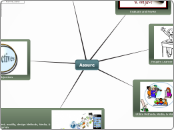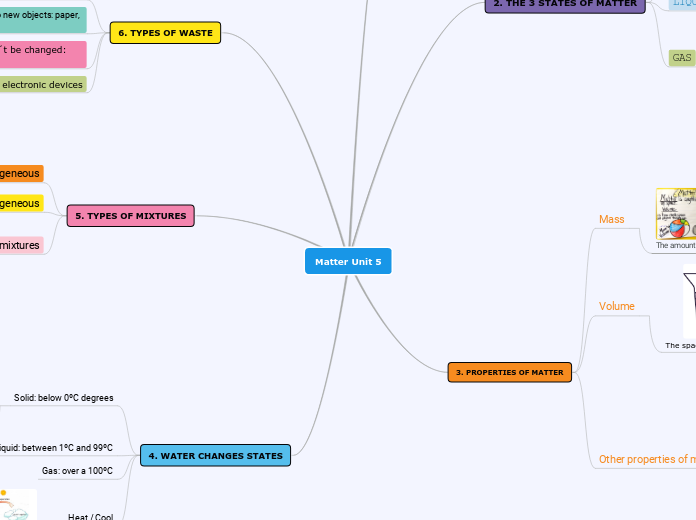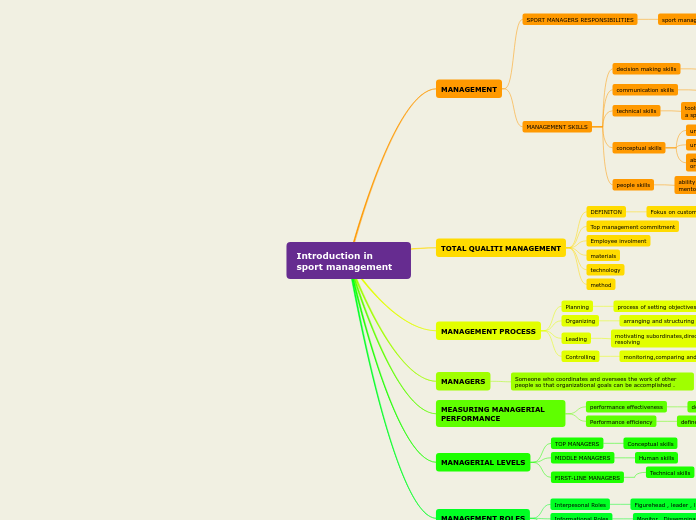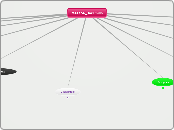by lynna casiano 11 years ago
424
Assure
A systematic approach to instructional design involves various stages to ensure effective learning outcomes. First, it’s essential to state clear objectives using the ABCD format, which includes specifying the audience, behavior, conditions, and the degree of proficiency required.









